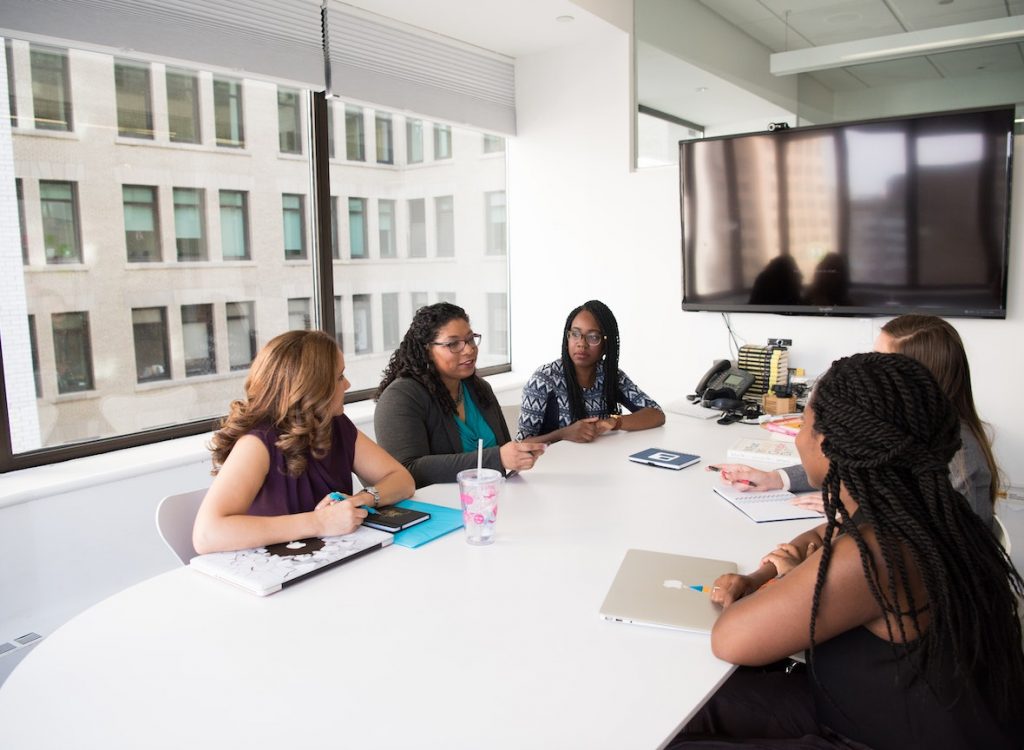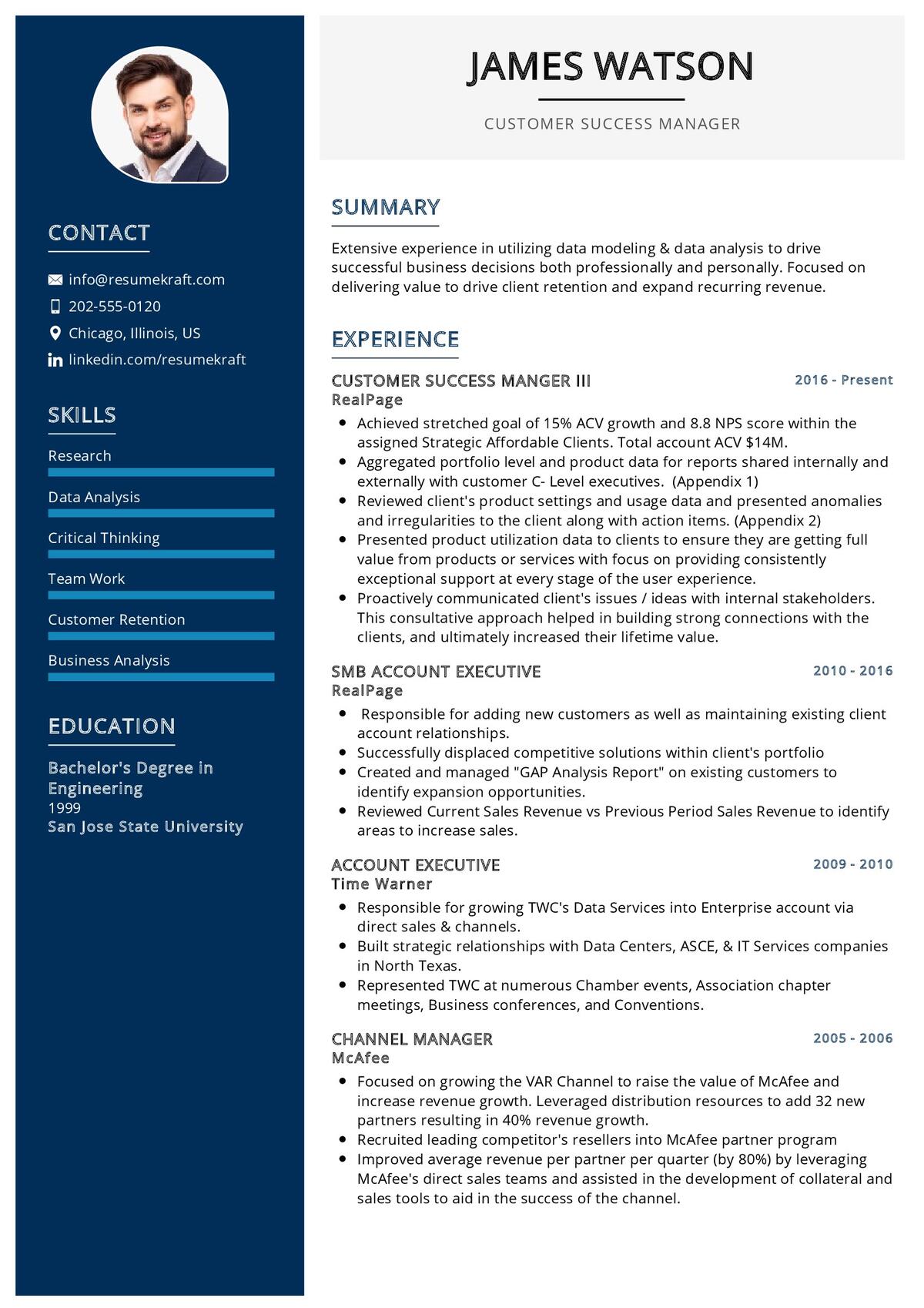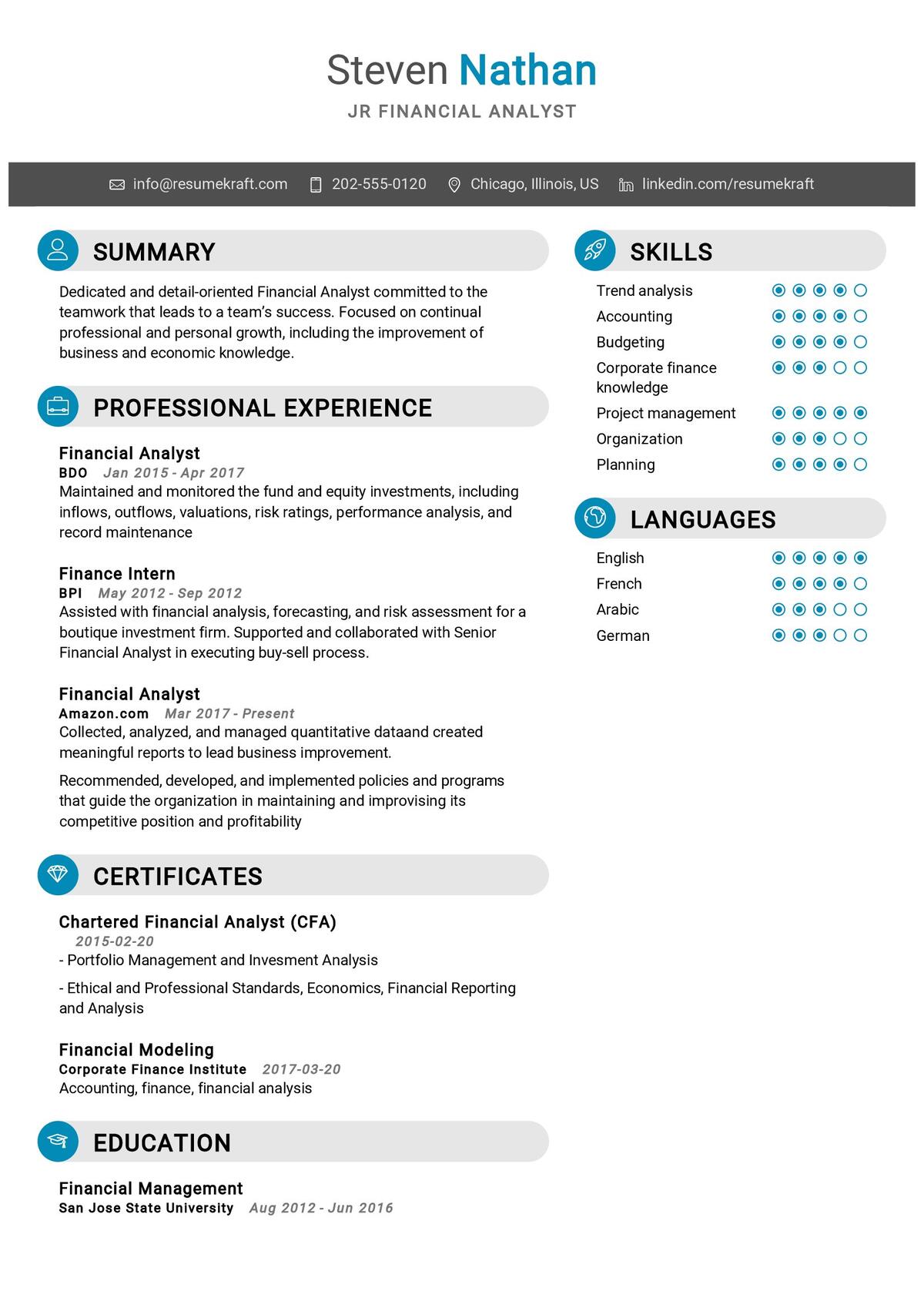
In this article, we’ll be discussing tips for improving your interpersonal skills. Whether you’re struggling with communicating with others at work or in your personal life, these tips will help you become a better communicator. We’ll be focusing on how to better understand others, how to express yourself more clearly, and how to build better relationships.
Interpersonal skills are the skills we use to communicate and interact with other people. We use these skills every day in our personal and professional lives. Whether we’re interacting with our family, friends, or colleagues, we’re using interpersonal skills.
Some people seem to naturally have great interpersonal skills. They always seem to know the right thing to say or do in any situation. For the rest of us, however, we may need to work a little harder to improve our interpersonal skills. By the end of this article, you’ll have a better understanding of how to communicate with others and improve your interpersonal skills.
What are interpersonal skills and its importance?
Interpersonal skills are the skills that we use to interact with other people. They include communication, empathy, and teamwork. They are important because they help us to build relationships, resolve conflict, and cooperate with others.
Interpersonal skills are important in both our personal and professional lives. In our personal lives, they help us to build and maintain healthy relationships. In our professional lives, they can help us to resolve conflict, cooperate with others, and build relationships with clients, customers, and co-workers.
Some specific examples of interpersonal skills include:
- Communication: This is the ability to effectively communicate with others. It includes both verbal and nonverbal communication, as well as active listening.
- Empathy: This is the ability to understand and share the feelings of another person. It’s important in both personal and professional relationships.
- Teamwork: This is the ability to work well with others in a team. It includes things like cooperation, communication, and conflict resolution.
The basics of communication:
what are the key elements of effective communication?
Communication is the process of sharing information between two or more people. It is the exchange of ideas, thoughts, feelings, and messages. Communication is a two-way process, and it is the key to successful relationships.
Four key elements of effective communication:
- Clarity: Clarity is the ability to communicate your ideas, thoughts, and feelings in a way that is clear and easy to understand. When you are clear in your communication, your listener will be able to understand you and your message.
- Conciseness: Conciseness is the ability to communicate your message in a way that is brief and to the point. When you are concise in your communication, your listener will be able to retain your message and will be less likely to be distracted.
- Completeness: Completeness is the ability to communicate your message in a way that is complete and covers all the relevant points. When you are complete in your communication, your listener will be able to understand your message fully and will be less likely to have questions.
- Correctness: Correctness is the ability to communicate your message in a way that is accurate and free of errors. When you are correct in your communication, your listener will be able to trust your message and will be more likely to act on it.
Listening:
why is listening an important part of communication?
Listening is an important part of communication because it allows us to understand what others are saying and to respond accordingly. Good listening skills can help us build better relationships, resolve conflicts, and avoid miscommunication.
When we listen to others, we are not only hearing the words they are saying, but we are also taking in their body language, tone of voice, and nonverbal cues. This allows us to get a more complete picture of what the person is trying to communicate.

Unfortunately, many of us do not listen as well as we could. We may be preoccupied with our own thoughts, or we may be so focused on what we want to say next that we don’t really hear what the other person is saying. Active listening is a skill that can be learned and practiced, and it can make a big difference in our ability to communicate effectively.
When we are engaged in active listening, we are fully present and tuned in to the other person. We are not thinking about what we want to say next or judging what the person is saying. We are simply focusing on understanding their message.
There are a few things you can do to practice active listening. First, try to give the person your full attention. Turn off any distractions, such as your phone or the TV. Make eye contact and let the person know that you are engaged in the conversation by nodding or making small noises of agreement. Restate what the person has said in your own words to show that you understand their meaning. And finally, ask questions if you need clarification.
By making a conscious effort to be a better listener, you can improve your communication skills and build better relationships with the people in your life.
Some people find it helpful to take notes while others are speaking. This can help you to focus on what is being said and to remember key points later. Other people prefer to record conversations so that they can go back and listen to them again. This can be especially helpful if you are dealing with a complex issue or if you want to remember everything that was said.
Communication Method:
Whatever method you choose, make sure that you are respectful of the other person and that you have their permission to record the conversation.
Listening is a critical part of communication, and there are a number of things you can do to be a better listener. By making a conscious effort to focus on the other person and to understand their message, you can improve your communication skills and build stronger relationships.
Here are some tips for being a better listener:
- Pay attention to the other person and give them your full attention.
- Turn off distractions like your phone or the TV.
- Make eye contact and let the person know that you are engaged in the conversation.
- Nod or make small noises of agreement.
- Repeat what the person has said in your own words to show that you understand their meaning.
- Ask questions if you need clarification.
- Respect the other person and have their permission to record the conversation if you choose to do so.
Non-verbal communication:
what is non-verbal communication and how can you use it effectively?
Non-verbal communication is the process of sending and receiving messages without using words. It can include body language, gestures, facial expressions, and eye contact. Non-verbal communication is often more reliable than verbal communication, because it is not easily misinterpreted.
You can use non-verbal communication to build rapport, show interest, and express empathy. You can also use it to defuse conflict and create a more positive atmosphere. When you are communicating non-verbally, it is important to be aware of your own body language and the body language of others.

Some experts suggest that up to 93% of all communication is non-verbal. This means that the way you say something is often more important than the words you use. When you are communicating non-verbally, be sure to pay attention to your tone of voice, facial expressions, and body language.
Non-verbal communication is a powerful way to build relationships, resolve conflict, and create a more positive atmosphere. When you are communicating non-verbally, be sure to pay attention to your own body language and the body language of others.
Assertiveness:
what is assertiveness and how can it help you communicate better?
Assertiveness is a skill that can help you communicate better by allowing you to express yourself in a clear, direct, and respectful way. When you are assertive, you are able to stand up for yourself and your needs without being aggressive or putting others down. Assertiveness can help you to build better relationships, handle conflict more effectively, and feel good about yourself.
In order to be assertive, it is important to be aware of your own needs and wants, and to be able to communicate them clearly to others. It is also important to be respectful of the needs and wants of others, and to be willing to compromise when necessary. Learning to be assertive takes practice, but it is a skill that can be learned by anyone.
There are a few key things to keep in mind when you are trying to be assertive:
- Clear about what you want or need.
- Direct in your communication.
- Respectful of yourself and others.
- Willing to compromise.
- Practice, practice, practice!

Emotional
Some tips for improving your emotional intelligence and communication skills:
- Be aware of your own emotions and how they affect your communication with others.
- Be attuned to the emotions of others and try to see things from their perspective.
- Be honest and open in your communication with others.
- Practice active listening – focus on what the other person is saying and try to understand their point of view.
- Keep your cool in difficult situations and try to resolve conflict in a constructive way.
- Seek out opportunities to practice your emotional intelligence and communication skills in everyday interactions.
- Be patient – it takes time and effort to develop these skills.
Planning to Write a Resume?
Check our job winning resume samples


There are many ways to improve your communication skills.
Some basic tips include:
• Pay attention to your body language and make sure it is open and welcoming.
• Make eye contact with the person you are talking to.
• Listen actively and try to understand what the other person is saying.
• Be clear and concise in your own communication.
• Avoid making assumptions about what the other person knows or doesn’t know.
• Ask questions if you are unsure about something.
What are some common communication problems?
Some common communication problems include:
• Miscommunication due to different interpretation of words or body language.
• Lack of communication due to not paying attention or listening actively.
• Poor communication due to not being clear or concise in your own communication.
There are a few things you can do to avoid communication problems:
• Pay attention to your body language and make sure it is open and welcoming.
• Make eye contact with the person you are talking to.
• Listen actively and try to understand what the other person is saying.
• Avoid interrupting the other person.
• Repeat back what the other person has said to make sure you have understood them correctly.
• Ask clarifying questions if you are not sure about something.
Interpersonal skills are the skills we use to communicate and interact with other people. We use these skills every day in our personal and professional lives. Whether we’re interacting with our family, friends, or colleagues, we’re using interpersonal skills.
Some tips for improving your interpersonal skills include:
1. Practicing active listening
2. Asking questions
3. Making eye contact
4. Using appropriate body language
5. Being aware of your nonverbal communication
6. Practicing empathy
Some benefits of improving your interpersonal skills include better communication with others, improved relationships, better collaborative work, and a better ability to resolve conflicts.
There are many benefits to having strong interpersonal skills. When we have strong interpersonal skills, we’re able to communicate effectively with others. We’re able to build strong relationships, both personal and professional. We’re able to resolve conflicts and manage difficult conversations. And we’re able to better understand and be understood by others.
Conclusion
In conclusion, communication is a two-way street. Have a clear and concise when you speak, and make sure to listen carefully to others. By taking the time to improve your communication skills, you’ll be able to better connect with others and build strong relationships. You’ll also be able to resolve conflicts more effectively, and have more productive conversations. So take the time to communication better today, and you’ll see the rewards in your personal and professional life.
Recommended Reading:

